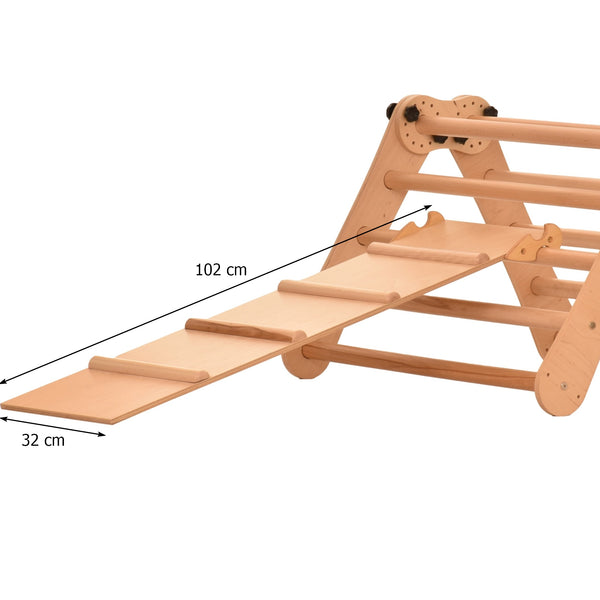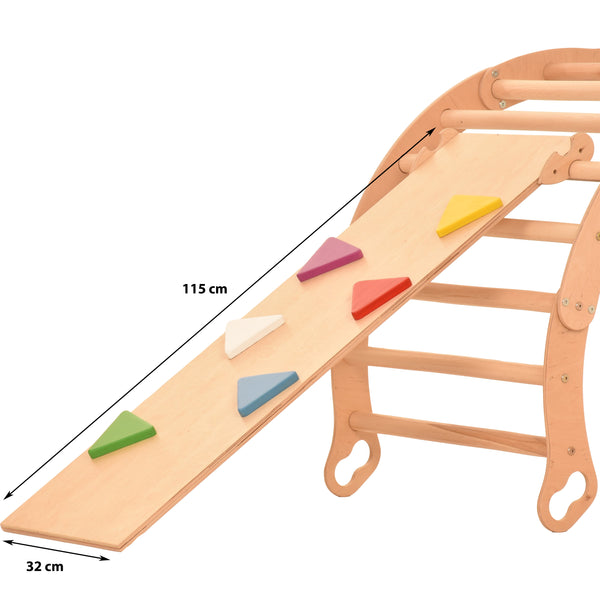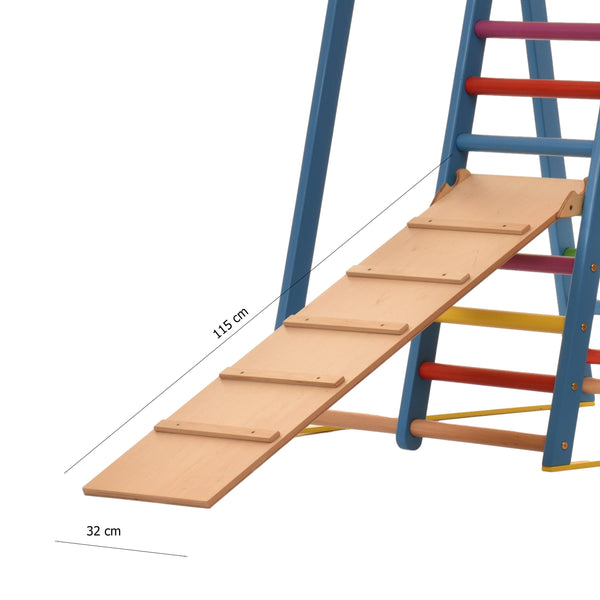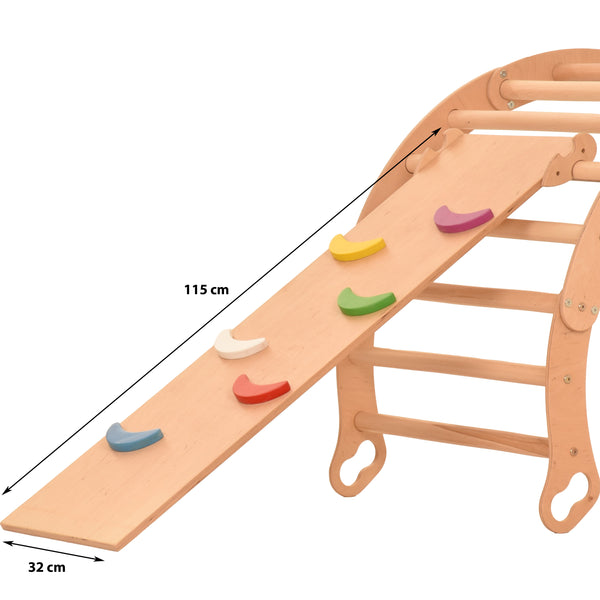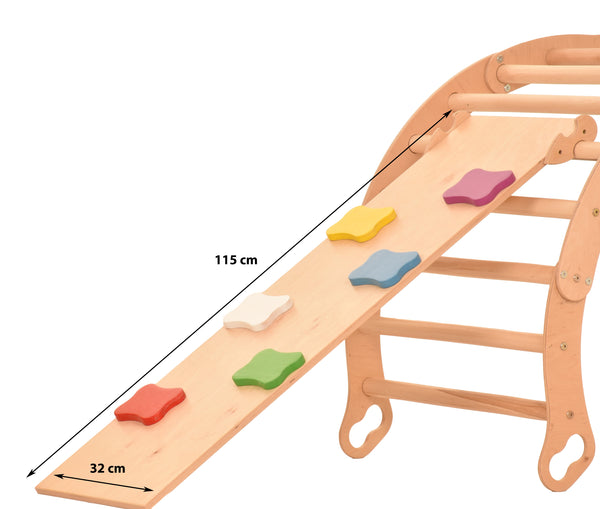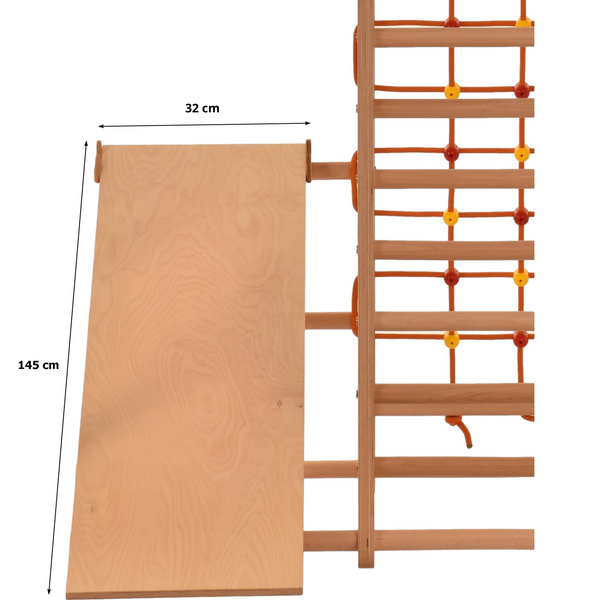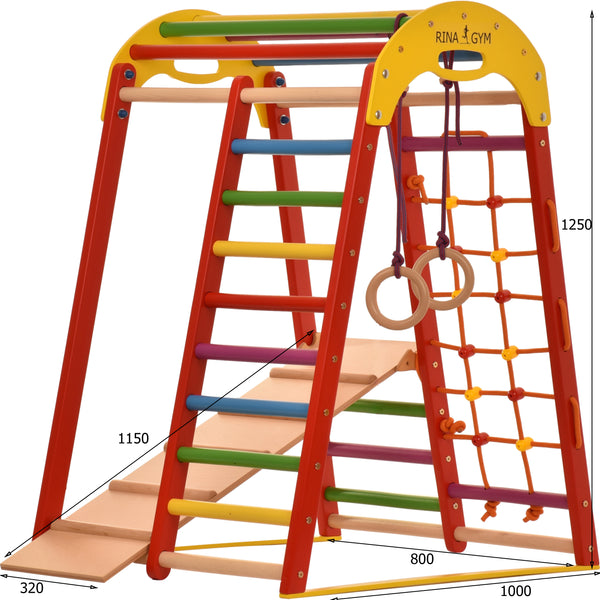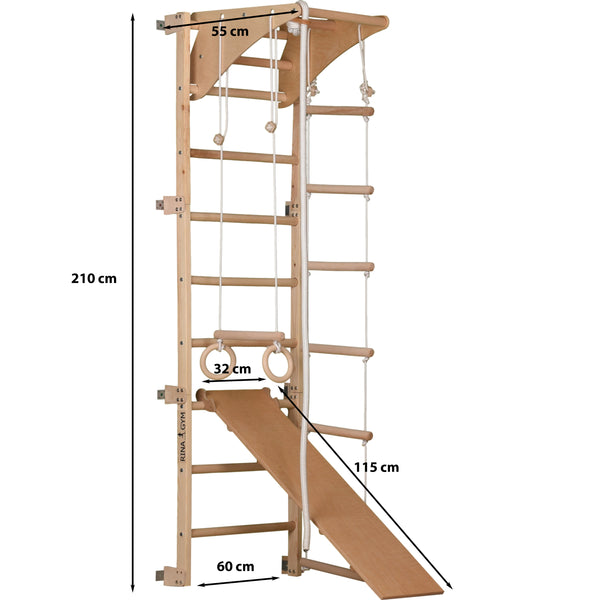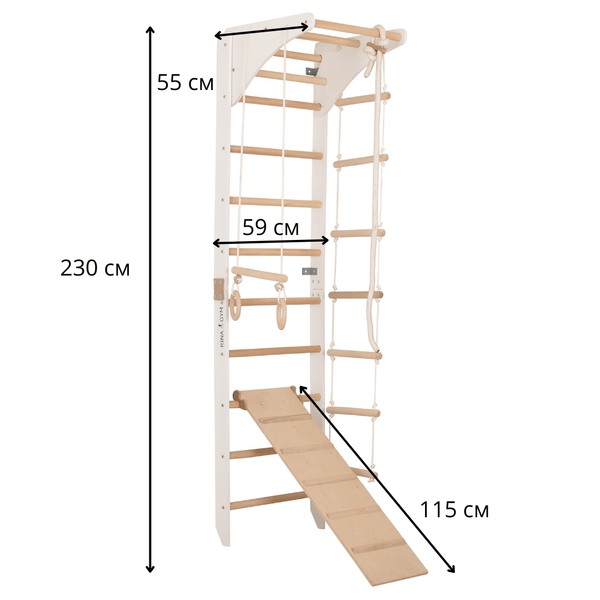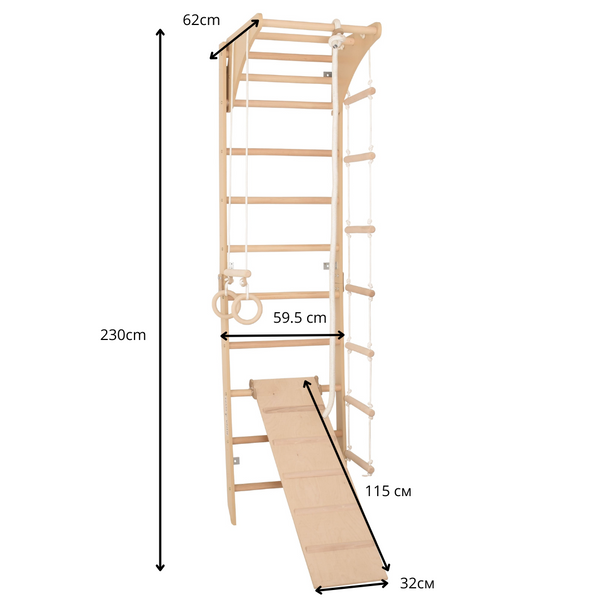Important women in early childhood education and development support

Important women in developmental education: Montessori, Meierhofer, Pikler & Aarts
Maria Montessori – The founder of Montessori education
Maria Montessori, an Italian physician and educational reformer, is considered one of the most important figures in modern education. Her method is based on the belief that children learn best when they can move freely and independently in a prepared environment. She developed teaching materials and pedagogical approaches that emphasize personal responsibility, practical learning, and sensory experience.
Core principles of Montessori education:
-
Independence : Children should decide for themselves how they learn.
-
Freedom within the framework : Free choice of activity within a clearly structured environment.
-
Sensory learning : The senses are central to understanding the world.
-
Prepared environment : Rooms and materials encourage independent discussion.
-
Respect for the child : Every child is taken seriously in his or her individual development.
Montessori's educational concepts are used worldwide, especially in educational institutions for children ages three and up. Products such as climbing triangles and indoor activity walls provide appropriate environments that enable children to explore independently.

Marie Meierhofer – Pioneer of modern developmental psychology
Marie Meierhofer, a Swiss pediatrician and educator, researched the psychological and social foundations of child development. She was convinced that stable, supportive living conditions are crucial for emotional well-being and healthy personality development.
Your contribution:
-
Establishment of the Marie Meierhofer Institute for the promotion of development-oriented pedagogy.
-
Introduction of the concept of “mental hygiene” in education.
-
Focus on the child as an independent personality with specific emotional needs.
Their holistic approach can be found today in many elements of modern movement and development spaces for children.
Emmi Pikler – Movement as the basis of development
Emmi Pikler was convinced that children acquire crucial skills through self-directed movement. Her approach: Children need time, space, and safe materials to develop balance, coordination, and self-confidence. The so-called Pikler pedagogy is now specifically implemented in physical activity facilities for children ages three and up.
Pikler building blocks:
-
Freedom of movement within secure structures.
-
Self-efficacy through self-selected physical challenges.
-
Observational support instead of direct instruction – adults create the framework without intervening.
Equipment such as balance boards, climbing nets or modular climbing walls according to EN 913 promote precisely this type of independent physical experience indoors.
Maria Aarts – The Marte Meo Method
Dutchwoman Maria Aarts developed a video analysis method to visualize children's developmental needs and respond to them in a targeted manner. The Marte Meo method focuses on identifying strengths and promoting children's self-confidence and independence through targeted communication—especially in social interactions.

Support through Montessori-oriented movement elements
Movement and self-directed play are key building blocks of development for children ages 3 and up. Whether climbing walls, swings, modular gymnastics elements, or balancing equipment: Such equipment creates spaces where children can engage in physical activity while simultaneously acquiring important social and cognitive skills.
Our recommendations :
-
Climbing walls (certified according to EN 913)
-
Indoor wooden play modules
-
Combinations of slide, wall bars, trapeze
These products are intended exclusively for indoor use and enable the holistic development of children from the age of three – always under adult supervision.
Climbing walls
Indoor playground
Conclusion: Pedagogical impulses with lasting impact
The work of Montessori, Meierhofer, Pikler, and Aarts has significantly influenced the education of children from the age of 3. Their approaches place the child at the center, promote self-responsibility, movement, and self-confidence—thus laying the foundation for strong personal development.








